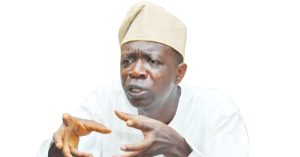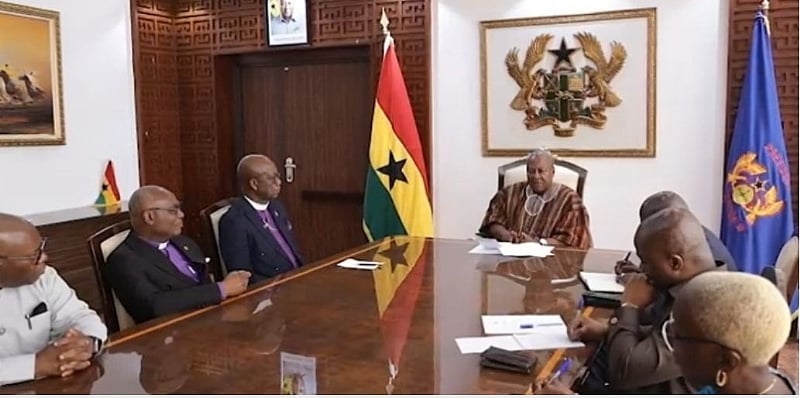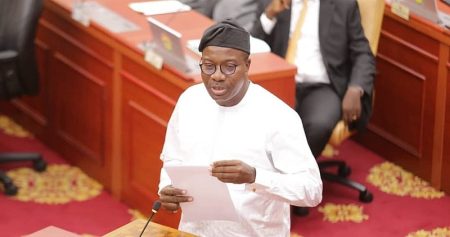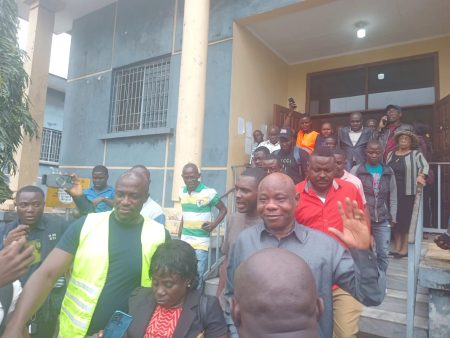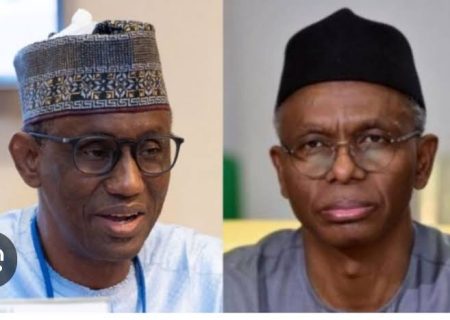President John Dramani Mahama has unveiled a strategic plan to revitalize the stalled Agenda 111 hospital projects, an ambitious initiative aimed at bolstering Ghana’s healthcare infrastructure. His approach centers on forging partnerships with religious missions, leveraging their existing expertise and infrastructure to complete and manage the remaining uncompleted hospitals. This collaborative strategy is currently under discussion within the cabinet, with the Minister of Health poised to present a formal proposal outlining the operational details. Mahama envisions a dual approach, where the government will allocate resources to complete some of the hospitals while simultaneously empowering interested missions to take ownership of others, overseeing both construction and subsequent management. This synergistic approach, he believes, will inject much-needed momentum into the project and ensure its timely and effective completion.
Mahama’s proposal comes on the heels of significant criticism leveled against the previous administration’s handling of the Agenda 111 project. He highlighted the project’s current state of disarray, with many hospitals remaining non-functional. Some are still at the foundational stages of construction, others barely reaching the lintel level, and even the purportedly commissioned hospital lacks essential equipment like beds, rendering it effectively unusable. This paints a stark picture of mismanagement and underscores the urgent need for a course correction, which Mahama’s proposed partnership with religious missions aims to address. The financial implications of this undertaking are substantial, with an estimated $1.7 billion required to bring the projects to fruition, underscoring the magnitude of the challenge and the need for effective resource allocation.
Central to Mahama’s critique is the previous administration’s decision to construct new hospitals in areas already served by functioning Mission Hospitals. He argues that this approach not only duplicated efforts but also diverted valuable resources that could have been invested in upgrading and expanding existing facilities. His preferred approach, articulated prior to the launch of Agenda 111, advocated for prioritizing investment in existing Mission Hospitals to enhance their capacity and service delivery, rather than building competing facilities. This, he believed, would have been a more cost-effective and efficient use of public funds, optimizing existing infrastructure and avoiding redundancy. The disregard for this principle in the execution of Agenda 111, he argues, represents a missed opportunity to strengthen the healthcare system in a more strategic and sustainable manner.
Mahama’s proposed collaboration with religious missions offers several potential advantages. Missions possess a long-standing history of providing healthcare services in Ghana, often reaching underserved communities. Their established networks, coupled with their commitment to community well-being, position them as valuable partners in this endeavor. By leveraging their existing infrastructure and expertise, the government can potentially expedite the completion of these hospitals, bypassing bureaucratic hurdles and streamlining the process. Moreover, missions often operate with a leaner cost structure compared to government-run institutions, which could lead to more efficient management and resource allocation in the long run. This cost-effectiveness is crucial, especially considering the significant financial investment required to complete the Agenda 111 projects.
Beyond the immediate benefits of project completion, this partnership has the potential to foster a more sustainable and equitable healthcare system. By empowering missions to manage these hospitals, the government can ensure that healthcare services reach even the most remote corners of the country, thereby bridging the healthcare gap and improving access for marginalized communities. This decentralized approach to healthcare delivery can also enhance community ownership and participation, leading to more responsive and tailored services. The missions’ deep-rooted community connections and understanding of local needs can contribute to a more culturally sensitive and accessible healthcare system.
In essence, Mahama’s proposal represents a significant shift in strategy, moving away from a centralized, government-led approach towards a more collaborative model. By partnering with religious missions, he aims to not only salvage the stalled Agenda 111 project but also to create a more resilient and equitable healthcare system that effectively serves the needs of all Ghanaians. The success of this initiative will depend on the effective collaboration between the government and the missions, careful planning, transparent resource allocation, and a shared commitment to improving healthcare access and quality for all. The coming months will be crucial in determining how this partnership takes shape and its ultimate impact on Ghana’s healthcare landscape.




